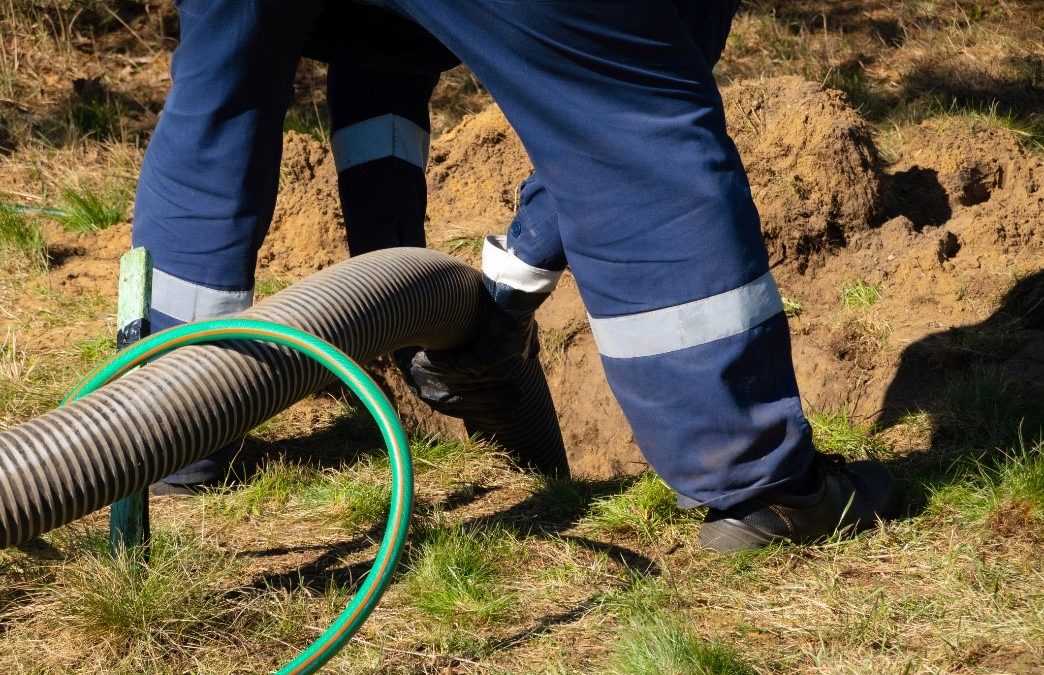Maintaining a healthy septic tank is crucial for the overall functionality of your home’s sewage system. Regularly pumping your septic tank is necessary to prevent clogs, slow drainage, and the backup of wastewater into your home. This blog will answer the question, ”How often should you pump your septic tank?” considering various factors that affect its cleaning frequency.
Factors That Determine Pumping Frequency
How frequently the tank gets pumped will depend on several factors, though the average timeframe is once every two to five years. However, this frequency varies based on individual circumstances.
- Type of Septic Tank: Regular septic tanks typically require pumping every two to five years. In contrast, aerobic treatment units (ATUs) used in rural areas need annual cleaning. ATU tanks use oxygen to convert solids and wastewater into gas, making them suitable for small homes with surface irrigation.
- Size of Your Septic Tank: Larger septic tanks generally require less frequent pumping than smaller ones. Tank sizes commonly range from 1,000 to 2,000 gallons. Verify the size of your tank by consulting a professional septic tank inspection service.
- Size of Your Household: The number of people in your home affects the necessary tank size and pumping frequency. Larger households produce more waste and water, increasing the need for pumping. Here are typical intervals for pumping based on tank size for a family of four in a 3,000-square-foot residence:
- 1,000-gallon tank: every 2.5 years
- 1,500-gallon tank: every 4 years
- 2,000-gallon tank: every 5 years
- Your Water Usage: Efficient water usage significantly impacts septic system lifespan and maintenance needs. Conserving water helps prevent leaks, clogs, and backups. Consider these tips for healthy water usage:
- Adjust your washing machine load size and use a filter to catch nonbiodegradable fibers.
- Spread out laundry days to avoid overwhelming the septic system.
- Opt for energy-efficient appliances that use less water.
- Install low-flow showerheads or shower flow restrictors.
- Use biodegradable products that are easier for the septic tank to break down, including soaps, shampoos, conditioners, and detergents.
- Avoid using a garbage disposal, as food particles can cause clogs and backups.
Call Local Septic System Care Professionals!
So, how often should you pump your septic tank? It’s advisable to consult a local septic tank company or professional. Contact Premier Plumbing & Leak Detection, LLC to help you assess the specific situation and provide expert guidance to help maintain the health and efficiency of your septic system. Don’t wait until it’s too late. Contact our team in Gainesville, FL for septic pumping and plumbing maintenance services.


Recent Comments